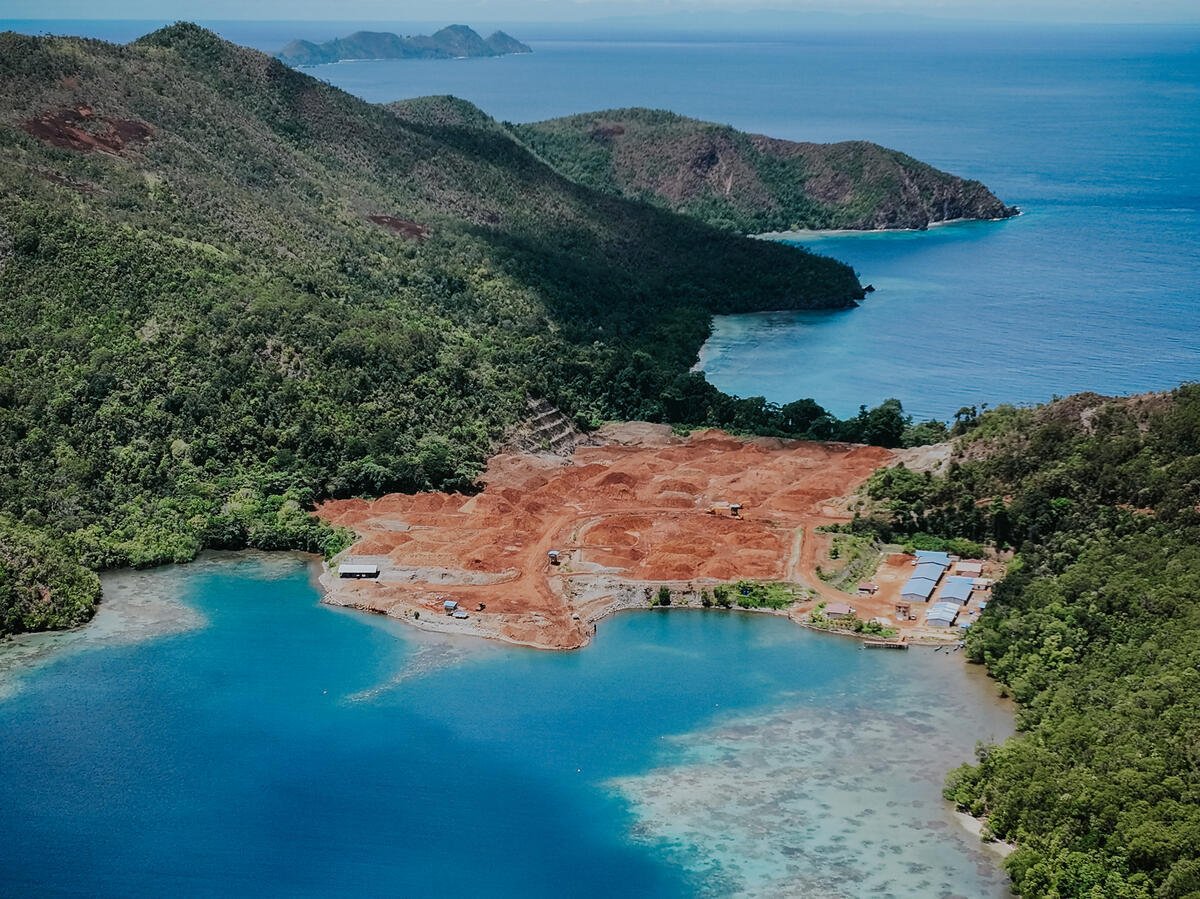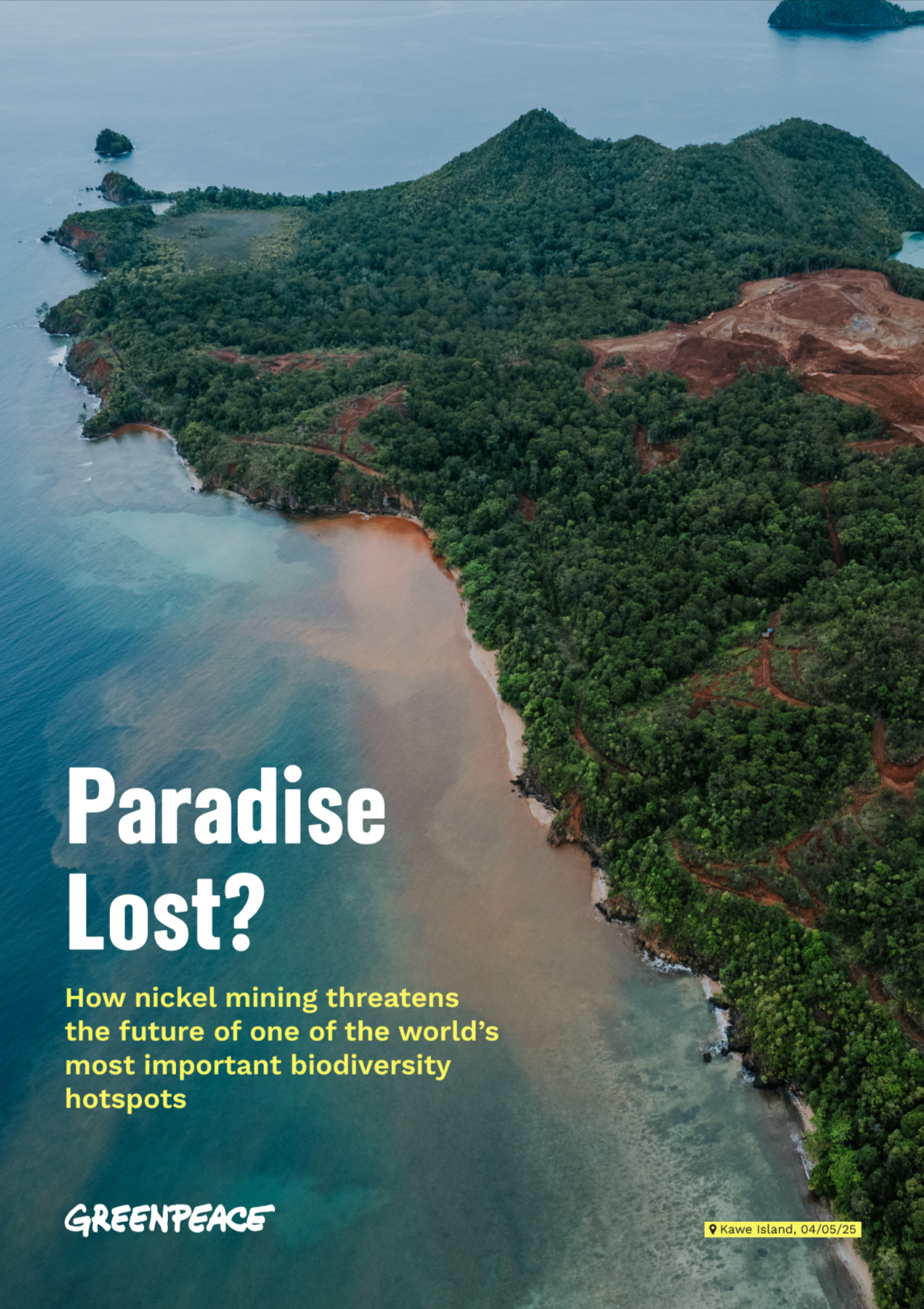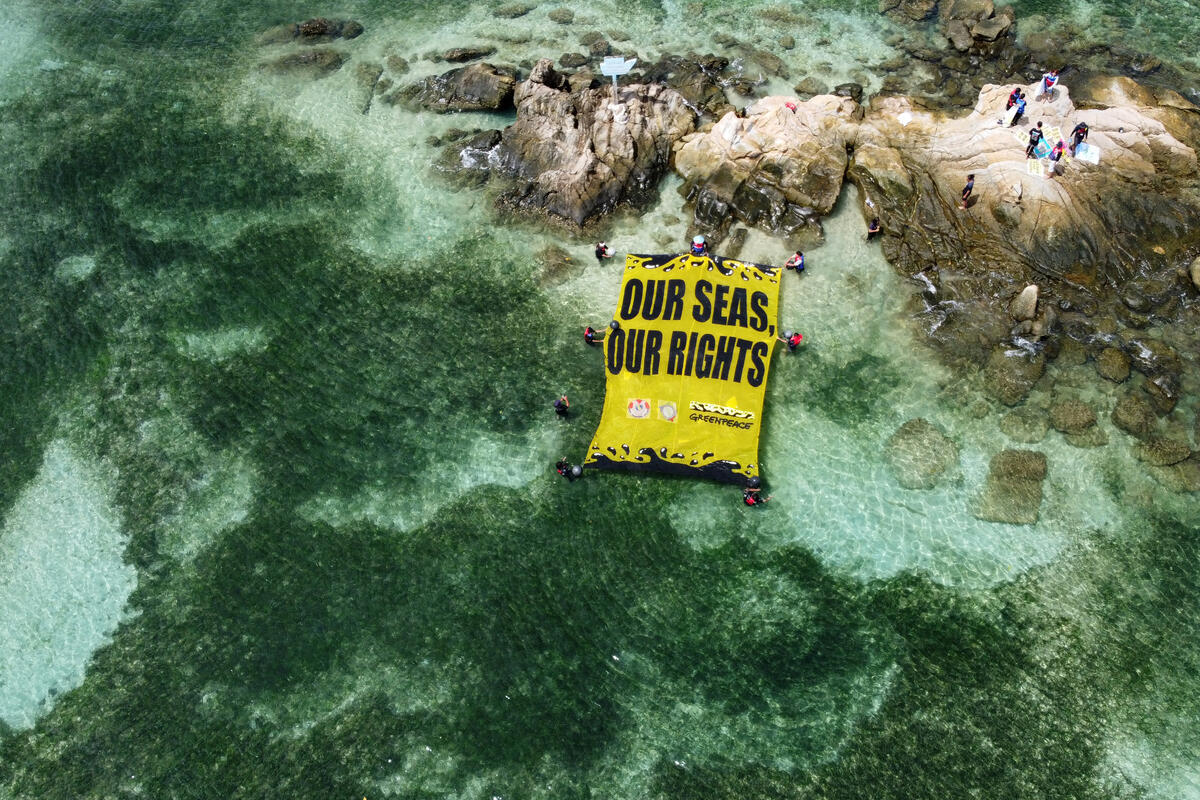Jakarta, 24 October 2024 – The Roundtable on Sustainable Palm Oil (RSPO) has revised its key rule set for member companies, known as its ‘Principles and Criteria’. Grant Rosoman, Senior Advisor at Greenpeace International said of the new changes: “In its revised Principles and Criteria the RSPO has scored an ‘own goal’ by weakening its commitment to ensuring No Deforestation, its very raison d’être. It has dropped the hard-won definition of High Carbon Stock forest – the global No Deforestation standard created through a long collaboration between companies, small-scale growers, scientists and environmentalists, embodied in the HCS Approach Toolkit. The definition of HCS that RSPO members must apply before development is now perversely based on a comparison with the amount of carbon that may be accumulated by oil palms taking the place of forest destroyed for a plantation.”
“As well, shockingly, the standard allows deforestation after November 2018, as long as remedy and compensation procedures are applied, meaning the RSPO standard will remain non-compliant with the incoming EU Deforestation Regulation. Surely the RSPO should aim to ensure the relevance of its standard, future-proofing it with an absolute No Deforestation cut-off date to ensure basic compliance with one of its key markets,” added Rosoman.
“This fits with the lobbying by many companies against the EU Deforestation Regulation so they can continue destroying forest to expand plantations, and their general weakening of commitments to No Deforestation, such as pushing out having ‘clean’ supply chains to by 2025 or beyond.” said Rosoman.
Kiki Taufik, Global Project Leader of Indonesia Forest Campaign, Greenpeace South East Asia said: “I am disappointed that under its the new standard the RSPO will continue to turn a blind eye to deforestation and human rights abuses that are committed at a corporate group level by RSPO certified member companies. Many of Indonesia’s oligarchs use ‘shadow’ companies, owned by untouchable entities in offshore secrecy jurisdictions to do the dirty work of deforestation and land clearance that they themselves have pledged not to do. To have any credibility the RSPO needs to enforce the principle of group-level accountability. This means proactively ensuring that no deforestation is being carried out by companies under common control with its certified members, rather than relying on their self-declarations.”
“One positive aspect of the new standard is that RSPO’s commitment to no development of peatland areas for oil palm plantations remains, although the requirements for phasing-out plantations on peat need to be strengthened and sped up. This is critical for Indonesia to help protect biodiversity, and reduce peatland fires, regional haze and greenhouse gas emissions,” Kiki said.
Notes to editor
- New RSPO standard documents available here
- High Carbon Stock Approach (HCSA) Toolkit available here
- Greenpeace International’s 2021 report on certification schemes including the RSPO, entitled ‘Destruction: Certified’ can be read here.
Media contact
Igor O’Neill, Greenpeace Indonesia Forest Campaign +61 414-288-424 [email protected]



